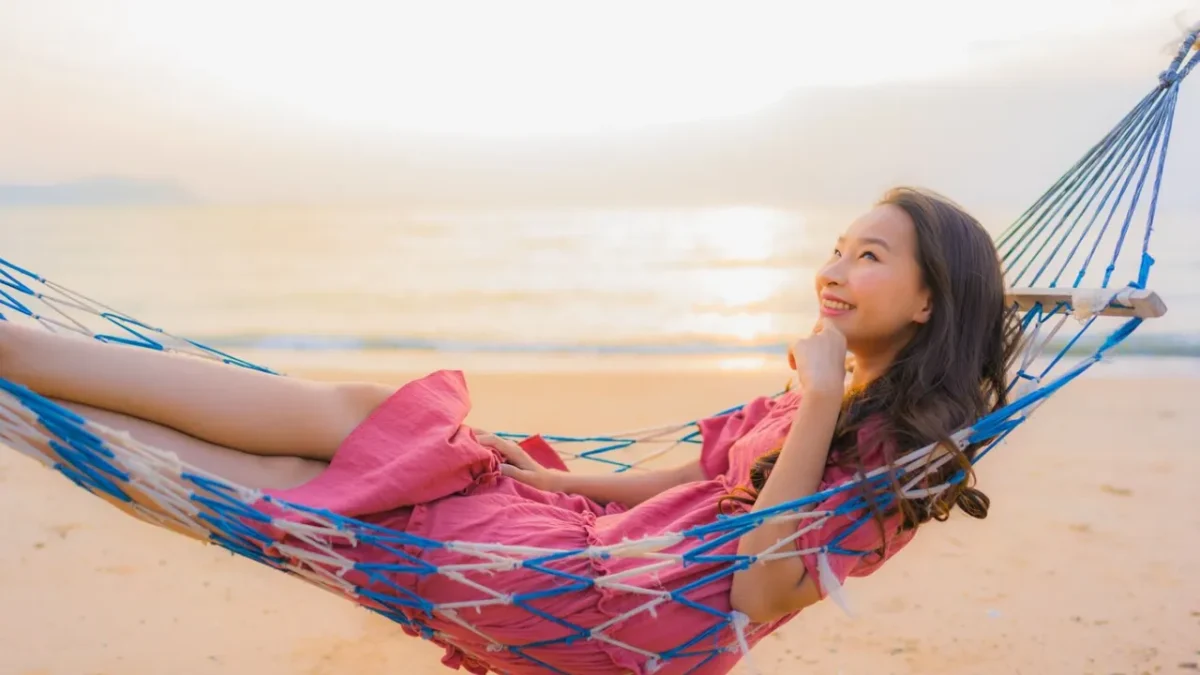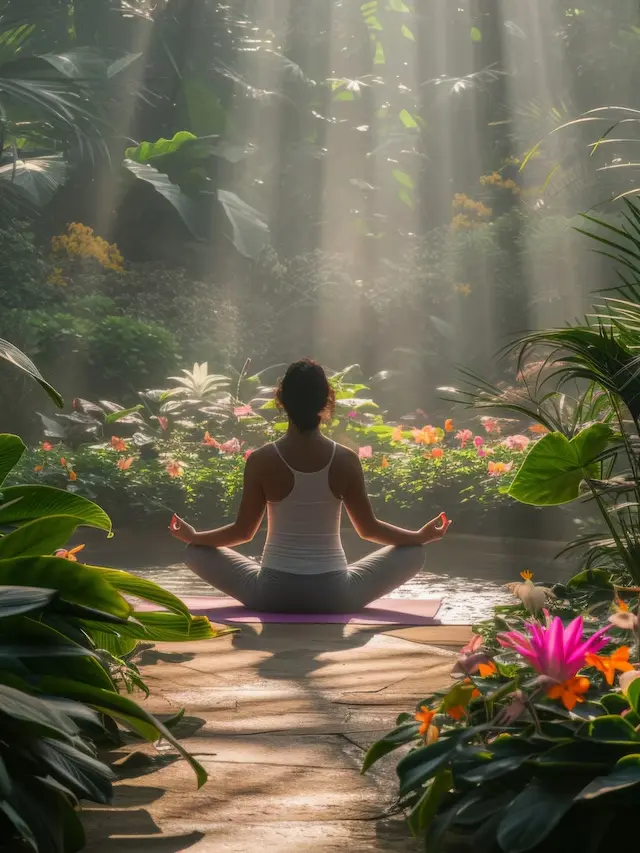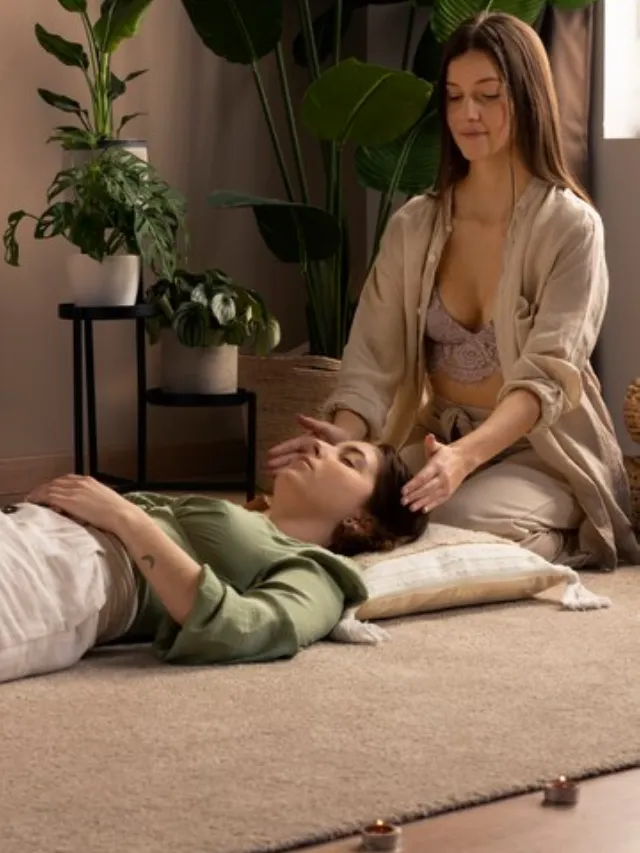Relaxation is the process of allowing both the mind and body to rest and rejuvenate. This essential practice involves various activities and techniques designed to reduce stress, improve mood, and enhance overall well-being. Relaxation can take many forms, from physical activities like stretching and massage to mental practices like meditation and deep breathing.
Why Relaxation is Important?
In our fast-paced modern world, relaxation is more important than ever. Constant exposure to stressors—whether from work, personal life, or the environment—can lead to chronic stress, which has been linked to numerous health issues including heart disease, anxiety disorders, and depression. Incorporating relaxation into daily life can mitigate these risks, improve mental clarity, and enhance quality of life.
Different Types of Relaxation Techniques
Physical Relaxation
Stretching
Stretching is a simple yet effective way to relax the body. According to experts, light stretching exercises help to release muscle tension, improve flexibility as well as enhance blood circulation. Regular stretching can prevent injuries, reduce pain, and promote a sense of well-being.
Massage
Massage therapy involves manipulating the muscles and tissues to relieve tension, reduce pain, and promote relaxation. Various techniques, such as Swedish massage, deep tissue massage, and aromatherapy massage, offer different benefits and can be tailored to individual needs.
Chakra Meditation: Balancing Your Energy Centers
Rest
Rest is a fundamental aspect of physical relaxation. Adequate rest and sleep are crucial for the body’s recovery and regeneration. Ensuring a regular sleep schedule and taking breaks throughout the day can significantly reduce stress and improve overall health.
Mental Relaxation
Meditation
Meditation involves focusing the mind and eliminating mental distractions to achieve a state of mental clarity and emotional calm. Techniques like mindfulness meditation, transcendental meditation, and guided meditation can help reduce stress, improve concentration, and promote a sense of peace.
Deep Breathing
Deep breathing exercises, such as diaphragmatic breathing, can help to reignite the body’s relaxation response. By focusing on slow, deep breaths, individuals can lower their heart rate, reduce anxiety, and improve oxygen flow to the brain.
Visualization
Visualization involves creating mental images to evoke a state of relaxation. This technique can be used to imagine peaceful scenes, achieve goals, or practice positive thinking. Visualization can reduce stress, improve mood, and enhance performance in various aspects of life.
Side Effects of Meditation: Comprehensive Guide to Manage and Prevent Adverse Effects
Emotional Relaxation
Journaling
Journaling is a therapeutic practice that involves writing down thoughts and feelings. It can help individuals process emotions, gain insight into their experiences, and reduce stress. Regular journaling can promote emotional healing and self-awareness.
Therapy
Therapy, including cognitive-behavioral therapy (CBT) and other forms of counseling, can provide professional support to manage stress and emotional challenges. Therapists can offer strategies to cope with anxiety, depression, and other mental health issues.
Social Connections
Maintaining strong social connections is essential for emotional well-being. Spending time with family and friends, participating in social activities, and building a support network can provide emotional comfort, reduce stress, and improve overall happiness.
Creative Relaxation
Art and Craft
Engaging in creative activities like painting, drawing, or crafting can be a powerful form of relaxation. These activities allow for self-expression, reduce stress, and promote a sense of accomplishment.
Mindfulness: A Healing Tool for the LGBTQ Community’s Mental Health
Music and Dance
Listening to music or participating in dance can significantly enhance relaxation. Music can evoke positive emotions and reduce stress, while dance offers physical exercise and emotional release.
Gardening
Gardening is a rewarding hobby that combines physical activity with mental relaxation. Tending to plants, enjoying nature, and creating a beautiful environment can reduce stress, improve mood, and provide a sense of fulfillment.
Wrapping Up
Incorporating relaxation into daily life is crucial for maintaining overall health and well-being. From physical techniques like stretching and massage to mental practices such as meditation and deep breathing, relaxation can significantly reduce stress, enhance mood, and improve mental clarity.
Ultimately, prioritizing relaxation fosters a balanced lifestyle, promoting long-term health and happiness. Start integrating these practices today to experience the profound benefits of a relaxed and mindful life.







